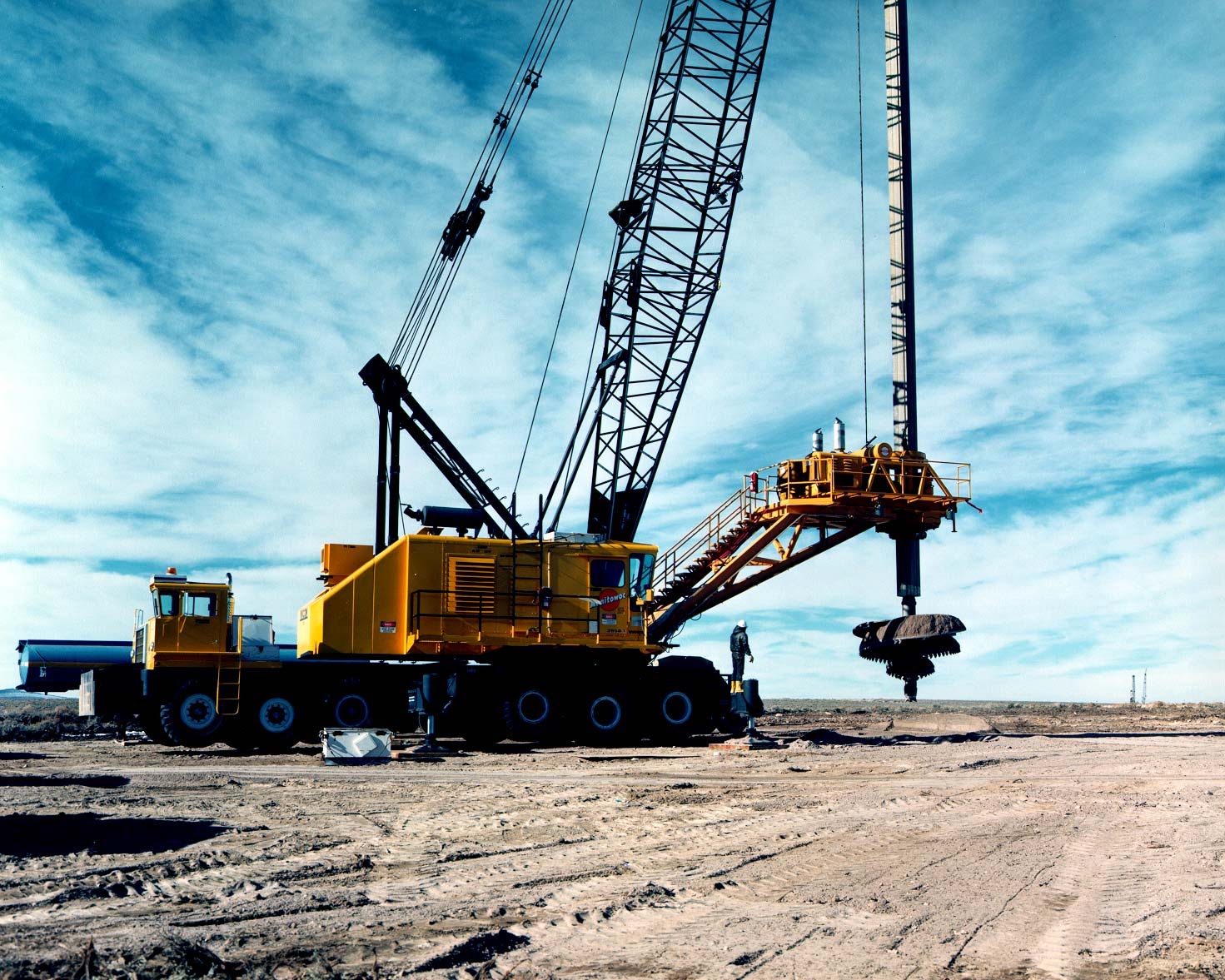Advanced Drilling Operations &
Risk Mitigation
Course
Objective:
This course
is designed to equip drilling professionals and students with a deep understanding
of real-world drilling challenges and troubleshooting techniques. Participants
will explore various failure mechanisms, learn how to predict potential issues,
and apply proven mitigation strategies. Through case studies, group exercises,
and scenario-based discussions, the training builds practical insight to
enhance operational safety, efficiency, and risk control on drilling rigs.
Benefits
of Learning in terms of career:
•
Strengthen
your ability to identify and mitigate operational drilling risks in real-time.
•
Gain
practical knowledge to prevent non-productive time (NPT) during drilling.
•
Improve
career prospects in drilling operations, field supervision, and well engineering.
•
Prepare
for advanced field roles in stuck-pipe prevention, well control, and troubleshooting.
•
Stand
out in interviews and promotions with real-case-based technical exposure.
Prerequisites
For
Students:
•
Basic
understanding of drilling processes (Mud, BHA, Casing, etc.)
•
Final-year
students or fresh graduates in Petroleum/ Mechanical Engineering
For
Professionals:
•
Prior
exposure to well operations preferred but not mandatory
Course
Outline (Hands-On, Practical Focus)
1. Stuck Pipe Prevention
o
Recognizing
stuck-pipe conditions & terminology
o
Using
indicators & trend analysis to prevent incidents
o
Human
factor & crew handover strategies
o
Group
exercise: Solving stuck-pipe scenarios
o
Case-based
learning from real incidents
2. Well Control
o
Fundamentals
of primary, secondary & tertiary control
o
Unconventional
challenges: String off-bottom, plugged strings, no pipe in hole
o
Dealing
with kicks and clock issues
3. Wellbore Instability
o
Types
& causes of wellbore instability
o
Controllable
vs uncontrollable factors
o
Real-time
indicators and failure mechanisms
4. Lost Circulation
o
Loss
mechanisms, field indicators & damage control
o
Best
practices for prevention
5. Hole Deviation (Vertical Drilling)
o
Recognizing
deviation triggers
o
Understanding
consequences
o
Prevention
and correction measures
6. Hole Cleaning
o
Geometry
influence
o
Importance
and indicators
o
Immediate
actions during poor hole cleaning
7. BHA Failure
o
Configuration
insight & fatigue-related failure
o
Common
failure mechanisms and mitigation
8. Mud and Cement Contamination
o
Real
examples of contamination issues and field countermeasures.
Learning
Objectives
By the end
of this course, participants will:-
ü Master the identification of early
warning signs for stuck pipe, borehole instability, and lost circulation using
real-time indicators.
ü Gain hands-on understanding of well
control techniques, including responses to unconventional well control
situations.
ü Learn practical troubleshooting
skills for common drilling issues such as BHA failure, hole deviation, and mud
contamination.
ü Develop risk mitigation strategies to
minimize Non-Productive Time (NPT) and operational hazards during drilling.
ü Understand the human and operational
factors that contribute to drilling failures - and how to manage them
effectively.
Frequently
Asked Questions (FAQs)
Who
should attend this training?
Final-year
petroleum/mechanical students, junior drilling engineers, rig supervisors, and
operations staff.
Is there
a certification?
Yes,
participants will receive a recognised certificate upon completion.
Will I
get hands-on learning?
Yes,
through group exercises, case studies, and practical scenarios.
Is it
beginner-friendly?
Yes, if
you have basic drilling knowledge or are a final-year student.
Can
international participants join?
Absolutely!
The training is open globally.


